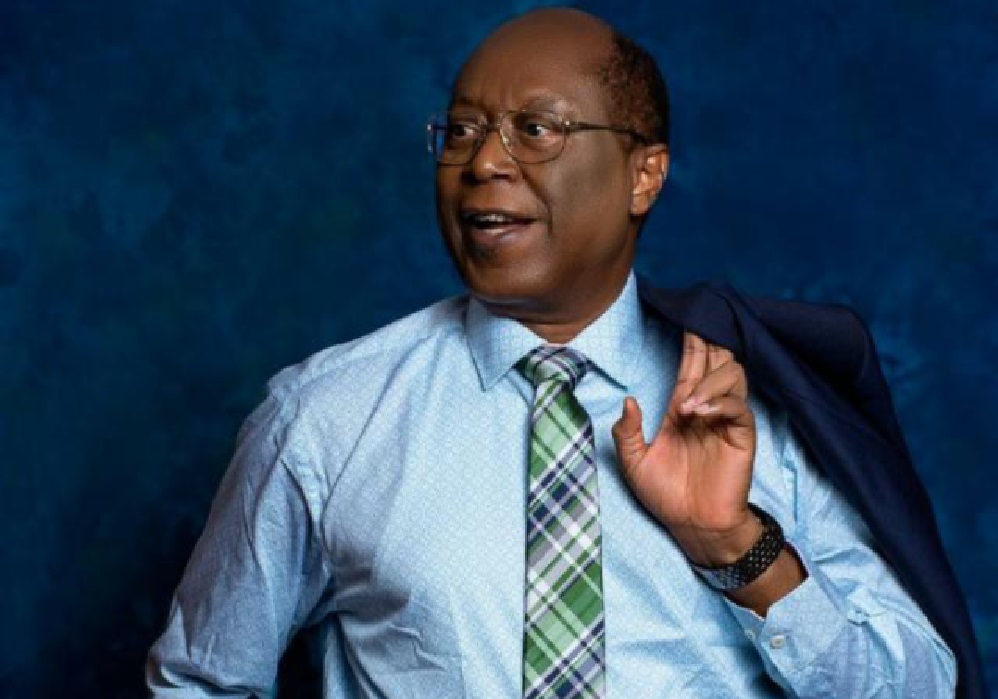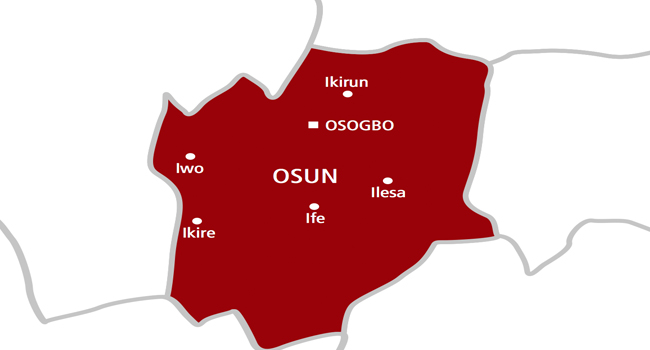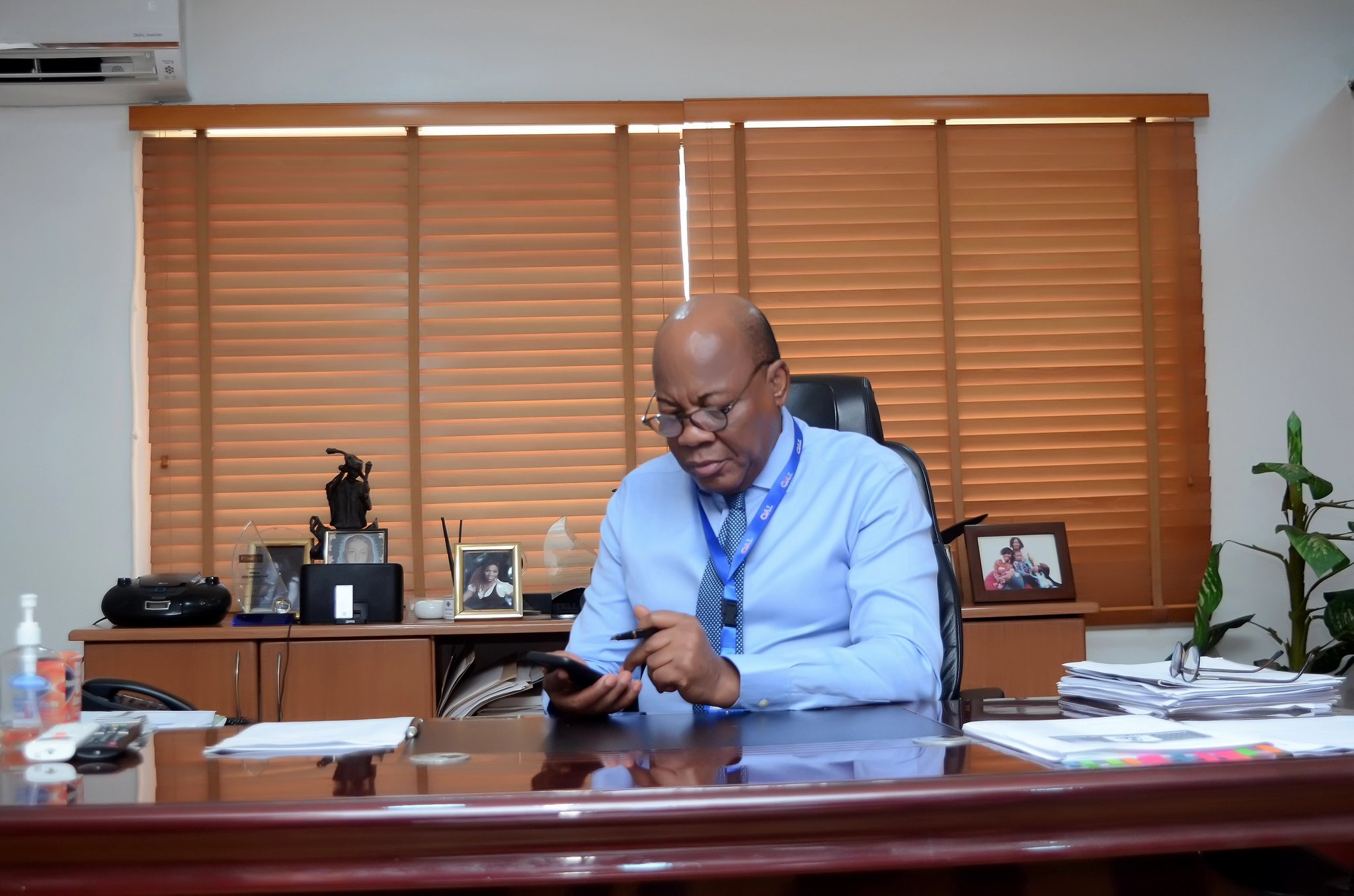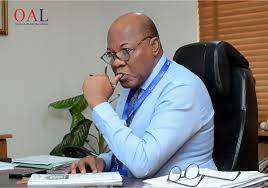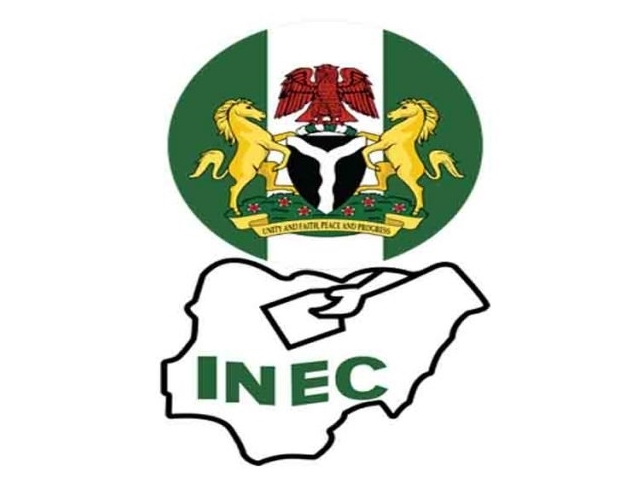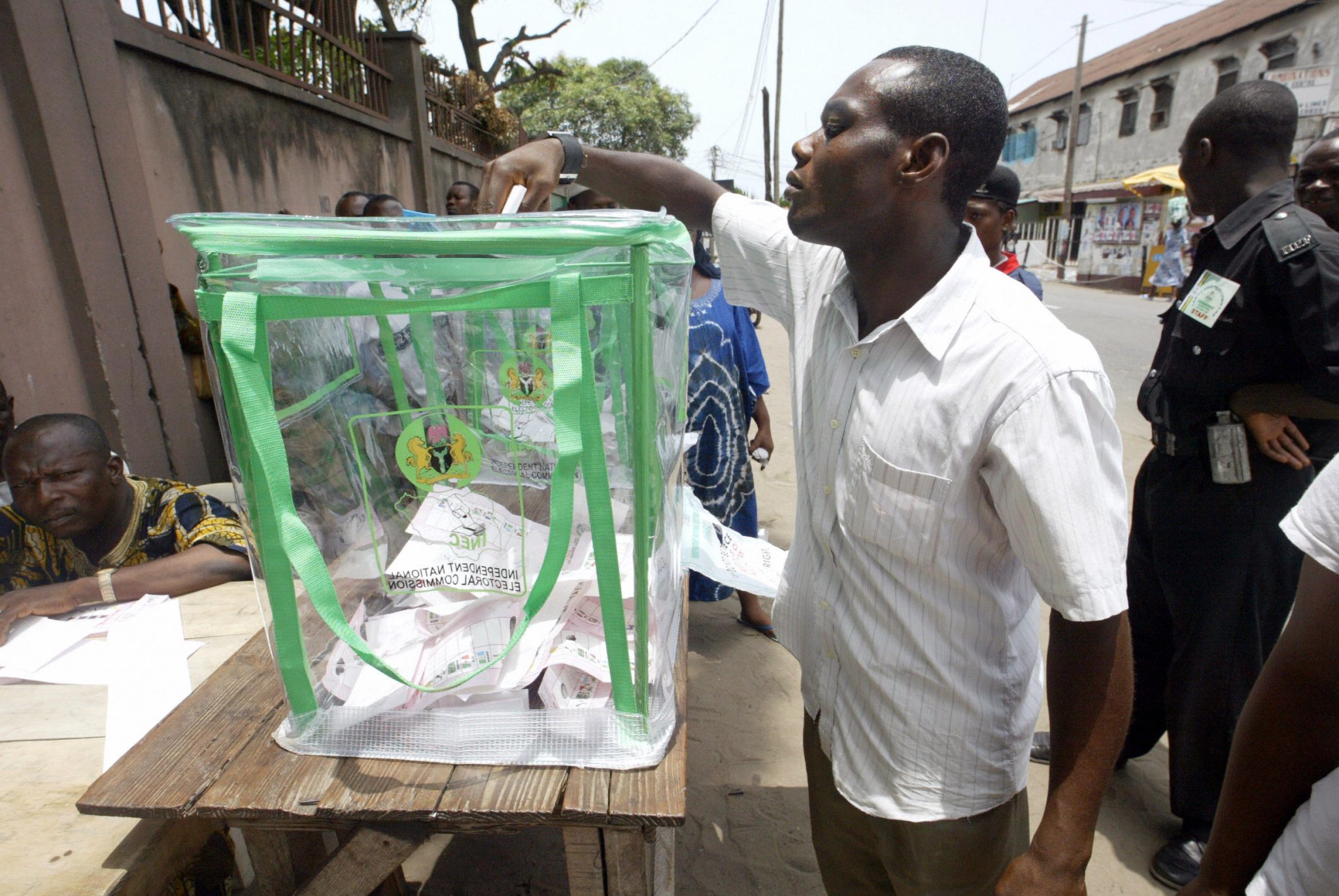Former Governor of Edo State, Senator Oserheimen Osunbor has said despite efforts of legislators in amending our electoral laws in Nigeria, there has been no remarkable improvement.
Osunbor a Professor of Law and a two term Senator, 1999-2007 made this assertion in a chat with TheNewsGuru.com on Tuesday in Abuja.
In his point blank analysis of the situation, Osunbor said: “Since 1999,proposals have been made after every election to use the lessons learnt in each election to improve our Electoral Laws and the quality of our elections.
“This is to ensure that they are fair, credible and transparent.
Accordingly, the National Assembly passed Electoral Acts in 2001, 2002, 2006, 2010
and 2022 and in the process introduced progressively far reaching innovations with each amendments.
“Regrettably, despite the efforts of legislators at the National Assembly, the quality of the elections has
not improved, if anything, the quality has fallen. The main reason for this is that political parties have
failed to abide by the well intentioned provisions of the Acts to guarantee that political party
candidates emerge through a fair and transparent process.
He explained that: “Often, the political party leaders simply
ignore the law and do as they please in the nomination of candidates.
“Regrettably, the Judiciary that
should hold the political parties accountable and compel them to respect their own constitution and
guidelines for the election of candidates appear themselves to be complicit as they seemingly bow to political pressure or inducements and wash their hands off the cases with the excuse that they are internal matters of the political parties and not justiciable.
” In effect, aggrieved party members are denied justice by the courts. For these reasons, I do not see much need in dissipating efforts on enacting or reforming electoral laws to promote internal democracy when the courts are unwilling to enforce them.
” Unfortunately, we have now reached a point in Nigeria where many political leaders
believe that laws do not matter.
” They act with impunity and get away with it but this is not sustainable in the long run. Nigerians are too familiar with the well-publicised cases where the judiciary clearly failed to enforce the provisions of party constitution and guidelines which are contractual in nature
and have binding effect between the political parties and their members.
” So also is there a long list of
people who lost elections at the polls or did not even participate at all in the elections but were
declared winners by the courts.
” For me our major concern now should be less about more law reforms but more about enforcement and compliance with existing laws.
